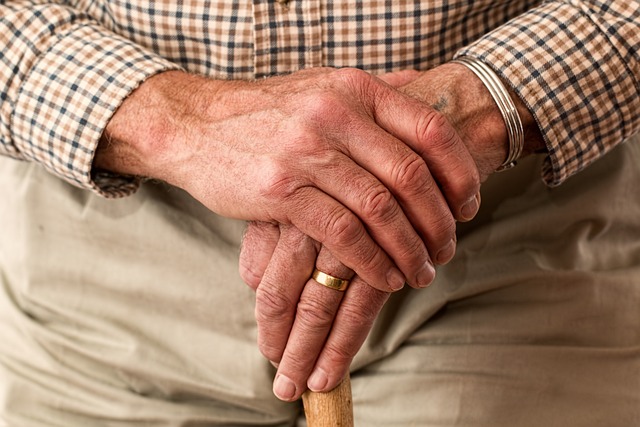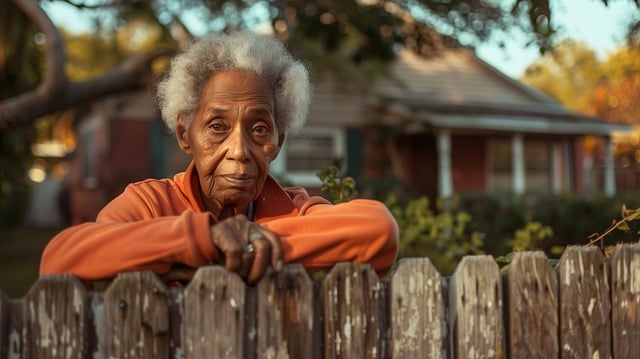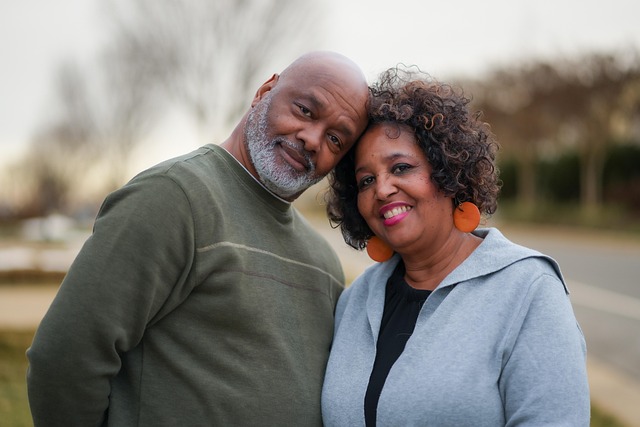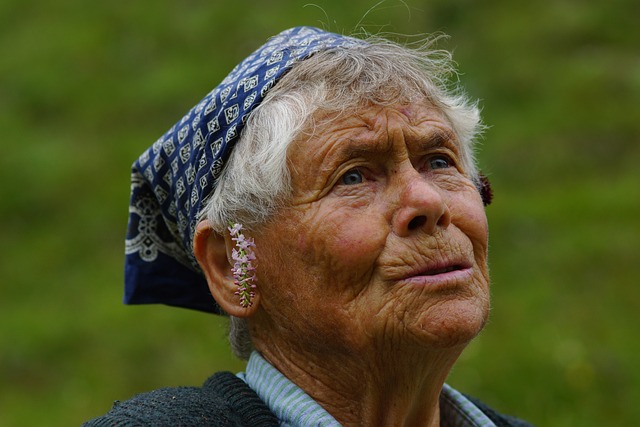The demand for Elderly Companion Services grows as society ages, highlighting the need for support in maintaining senior independence and well-being. These services provide companionship, daily task assistance, health monitoring, and peace of mind, addressing unique aging population needs. In-home health monitoring detects vital sign changes, prevents crises, and assists during falls, boosting quality of life and encouraging physical activity and social connections. Elderly Companions offer essential support in personal care, medication management, mobility, and cognitive stimulation, enhancing home health monitoring and alleviating loneliness.
In-home health monitoring assistance is transforming senior care, addressing growing needs among the elderly population. As our society ages, understanding Elderly Companion Services becomes paramount. This article delves into the multifaceted benefits of in-home health monitoring for seniors, exploring its impact on safety and well-being. We examine the roles and responsibilities of companions, the technologies driving modern home monitoring systems, and ethical considerations surrounding privacy. Additionally, practical tips guide families in selecting the ideal elderly companion service.
- Understanding Elderly Companion Services: A Growing Need
- Benefits of In-Home Health Monitoring for Seniors
- Key Roles and Responsibilities of an Elderly Companion
Understanding Elderly Companion Services: A Growing Need

As our population ages, the demand for elderly companion services is on the rise. These services provide much-needed support for seniors who wish to remain independent in their homes while ensuring their safety and well-being. Elderly companion services offer a range of assistance, from simple companionship and conversation to help with daily tasks like cooking, cleaning, and medication management. With older adults often facing social isolation and the potential for health decline, having a trusted companion can make a significant difference in their quality of life.
Caregivers in these services are trained to recognize signs of distress or changes in an elderly person’s health, enabling them to connect clients with medical professionals when necessary. This proactive approach to monitoring health is especially crucial as many aging individuals have chronic conditions that require regular management. By providing this support system, Elderly Companion Services contribute to a better understanding of the unique needs of seniors and foster a sense of security and peace of mind for both the elderly and their families.
Benefits of In-Home Health Monitoring for Seniors

In-home health monitoring assistance offers a multitude of benefits for seniors, enhancing their quality of life and ensuring their safety within familiar surroundings. This service is especially valuable for elderly individuals who prefer to age in place but may require support to manage chronic conditions or maintain independence. By providing continuous oversight, elderly companion services can detect changes in vital signs, such as an abrupt rise in blood pressure or irregular heart rhythms, allowing prompt intervention and potential prevention of health crises.
Moreover, these monitoring systems enable seniors to receive timely assistance during falls or accidents, reducing the risk of severe injuries. The peace of mind offered by knowing that help is readily available can boost confidence and encourage individuals to engage in more physical activities and maintain social connections. In-home health monitoring also facilitates better communication between seniors, caregivers, and healthcare providers, ensuring efficient access to medical advice and services when needed.
Key Roles and Responsibilities of an Elderly Companion

An Elderly Companion plays a vital role in ensuring the well-being and independence of seniors in their homes. Their key responsibilities encompass a wide range of tasks designed to promote daily living, enhance quality of life, and provide peace of mind for both the elderly individual and their families. These duties include assisting with personal care activities such as bathing, dressing, and grooming, managing medication schedules, and ensuring proper nutrition.
In addition, an Elderly Companion helps with mobility support, offering assistance during walks or providing transportation for medical appointments. They also contribute to cognitive stimulation through engaging in conversations, playing games, or participating in leisure activities tailored to the senior’s interests. Their presence serves as a social safety net, alleviating feelings of loneliness and isolation that can be prevalent among the elderly population, thus enhancing their overall well-being and satisfaction with home health monitoring assistance.
In-home health monitoring assistance, provided through Elderly Companion Services, offers a crucial solution for seniors seeking to maintain their independence while ensuring safety and well-being. By understanding the benefits and roles involved, we can foster a supportive environment that enhances quality of life for our aging population. The key lies in leveraging these services to navigate the challenges of aging, allowing folks to age gracefully in familiar surroundings.




